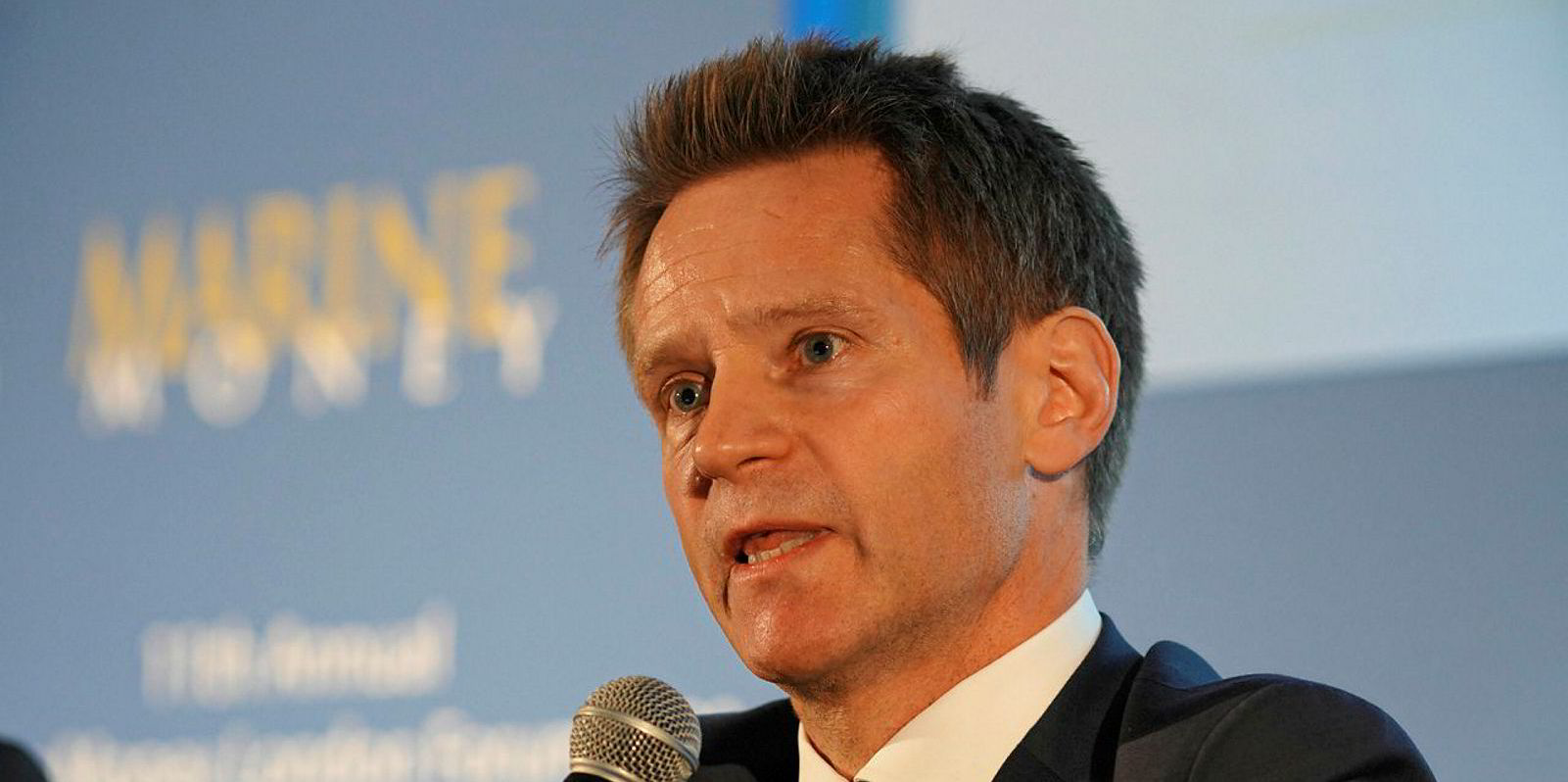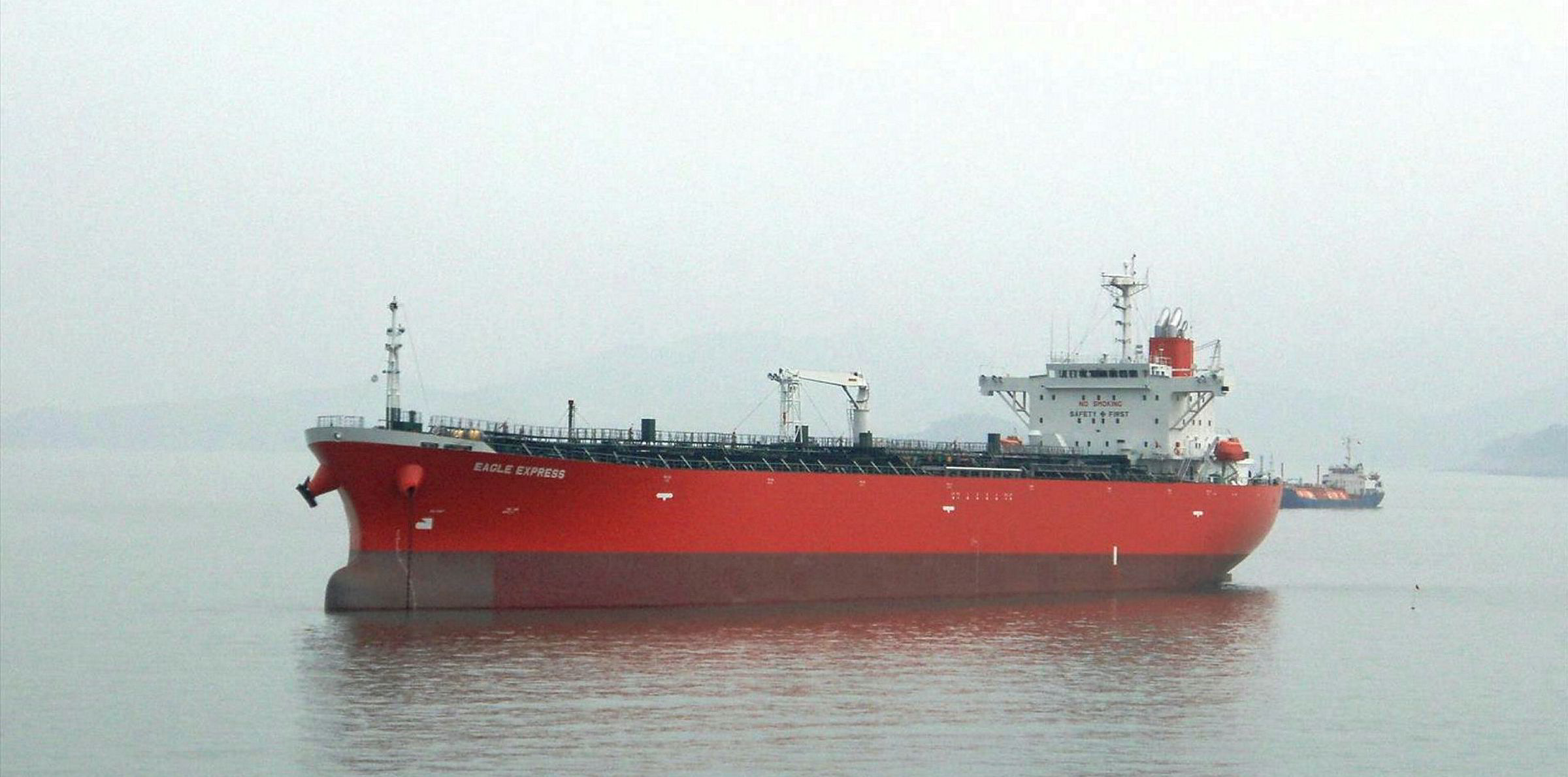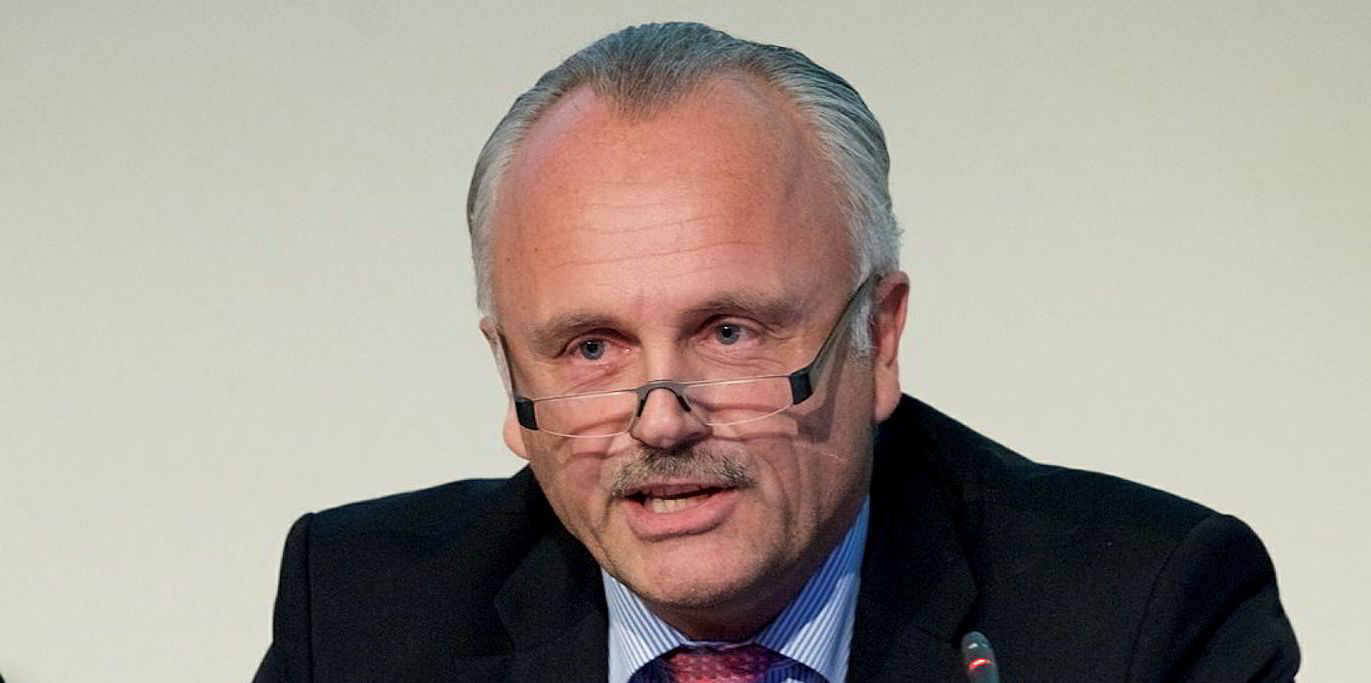Norway's Klaveness Combination Carriers (KCC) has revealed a focus on new routes as it seeks more cover for its versatile fleet.
The Oslo-listed owner can operate in both oil product and dry bulk trades with its flexible carriers.
Chief executive Engebret Dahm explained on a conference call with analysts how this gives it an advantage in see-sawing markets.
Product carriers enjoyed record rates in the second quarter, but have since declined.
But at the same time, the weaker dry bulker market has improved.
He gave one example from one of its dry trades in Australia in the second three months, where standard kamsarmaxes were making $7,000 per day.
But KCC's combination carriers were pulling in more than $10,000 per day.
"To date in the third quarter, standard kamsarmaxes are earning $12,200 per day. We would earn $18,600 per day, close to a doubling of the earnings compared to the second quarter," said Dahm.
"The spot market is very strong currently. This shows the value of diversification."
Targeting more coverage
Dahm added that KCC has the potential to increase time charter coverage when rates shoot up.
The company is testing out a new route for its Cleanbu ships, which are carrying jet fuel from the Middle East to Europe, and grain on the backhaul leg.
A second trade is also being piloted, but the company is not revealing details for now.
Dahm said KCC is "looking to conclude contracts of affreightment" on these routes.
But he stressed: "It is important for us to show the performance of the ships before we enter into the contracts."
The CEO said at the start of every year it has an aim to fix 100% of its Cabu days on term charters. These vessels carry caustic soda and bulk cargoes.
Some of these deals will be fixed-rate and some index-linked, he added.
"Cleanbus is a more spot business," Dahm said. "We are targeting contracts, but these will be index-linked because that is the way the product market is working.
"We will use that market to try to stabilise earnings, but that means we will see a much lower fixed coverage for the Cleanbus."
He added: "Earnings will fluctuate with the spot market."
The company currently has a contract for a Cleanbu that is nine months long.
Longer charters looking likely
Dahm said: "If we could have fixed for three years we would have done it.
"Where we are in discussions with customers, we believe it is likely to book one or two or even three year contracts."
KCC also pledged to pay out 80% of free cash flow as dividends.
This leaves the company with "fairly limited flexibility" when it comes to using cash on the balance sheet for new projects, however.
"We will need to raise new capital if we wish to expand the fleet further," Dahm said.
Looking ahead, he said: "We are hopeful that 2021 can look well and that the world is improving after getting control of Covid-19."





